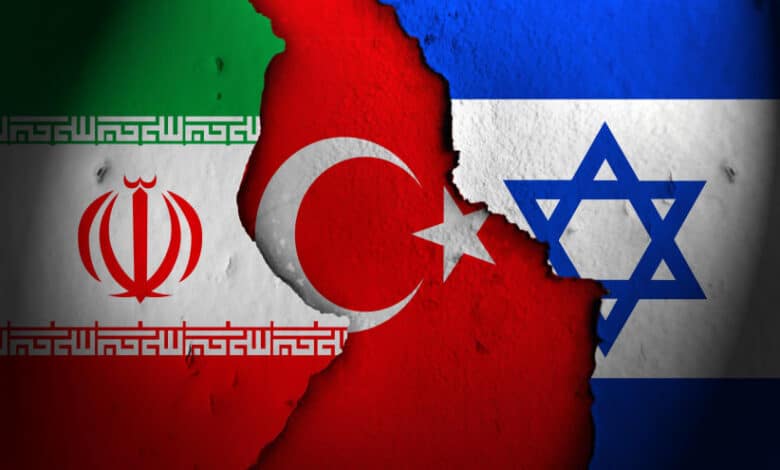
Politics
Tensions between Israel and Turkey have escalated significantly over the situation in Syria
Tensions between Israel and Turkey have escalated significantly over the situation in Syria, highlighting a broader regional struggle for influence and security. These tensions stem from a combination of military, political, and ideological disagreements, reflecting longstanding friction between the two nations despite periods of pragmatic cooperation.
Key Points of the Escalation
- Israeli Airstrikes in Syria: Israel continues to launch strikes against Iranian-backed militias and Hezbollah targets in Syria. These operations are part of Israel’s strategy to prevent Iran from establishing a permanent military foothold near its borders. Turkey, which also has military interests in northern Syria, perceives Israel’s actions as complicating its own geopolitical and security strategies.
- Turkey’s Role in Syria: Turkey’s military operations in northern Syria aim to suppress Kurdish forces, which Ankara considers terrorist organizations. This creates friction with Israel, which has historically maintained tacit alliances with Kurdish groups. Turkey’s push for dominance in northern Syria puts it at odds with Israeli objectives, which prioritize countering Iran’s influence.
- Rhetoric and Diplomatic Strain: Turkish President Recep Tayyip Erdoğan has been vocal in criticizing Israeli policies, particularly regarding Gaza and Palestinian issues, which adds fuel to the tensions. Erdoğan’s support for Palestinian causes is a cornerstone of his domestic and regional strategy, further complicating relations with Israel.
- Regional Power Dynamics: Both nations are vying for strategic influence in the Middle East. Israel’s partnerships with Greece, Cyprus, and several Arab states (such as the UAE and Bahrain) are seen by Turkey as a challenge to its regional ambitions. Conversely, Turkey’s outreach to nations like Qatar and its support for Islamist factions contrasts with Israel’s alignment with secular and moderate Arab regimes.
- Proxy Involvement in Syria: The presence of multiple actors, including Russia, Iran, the United States, and various militant groups, creates a volatile environment where Israel and Turkey often find themselves on opposing sides of proxy conflicts. This exacerbates misunderstandings and heightens the risk of accidental clashes.
Recent Developments
- Diplomatic Condemnations: Following recent Israeli strikes in Syria, Turkey has issued strong condemnations, accusing Israel of destabilizing the region.
- Potential Military Confrontation: While direct conflict remains unlikely due to both countries’ economic and geopolitical interests, the possibility of an indirect confrontation via proxies or Syrian airspace cannot be ruled out.
- Economic and Strategic Constraints: Despite these tensions, both nations have significant trade relations and shared interests, particularly regarding security and counterterrorism. This delicate balance has previously allowed for periods of de-escalation.
Outlook
The situation remains fluid, with tensions driven by each nation’s strategic goals in Syria and beyond. Both Israel and Turkey are likely to continue asserting their influence, with periodic flare-ups in rhetoric and military activity. However, unless a major incident occurs, both are expected to manage their rivalry through cautious diplomacy and measured military actions.
